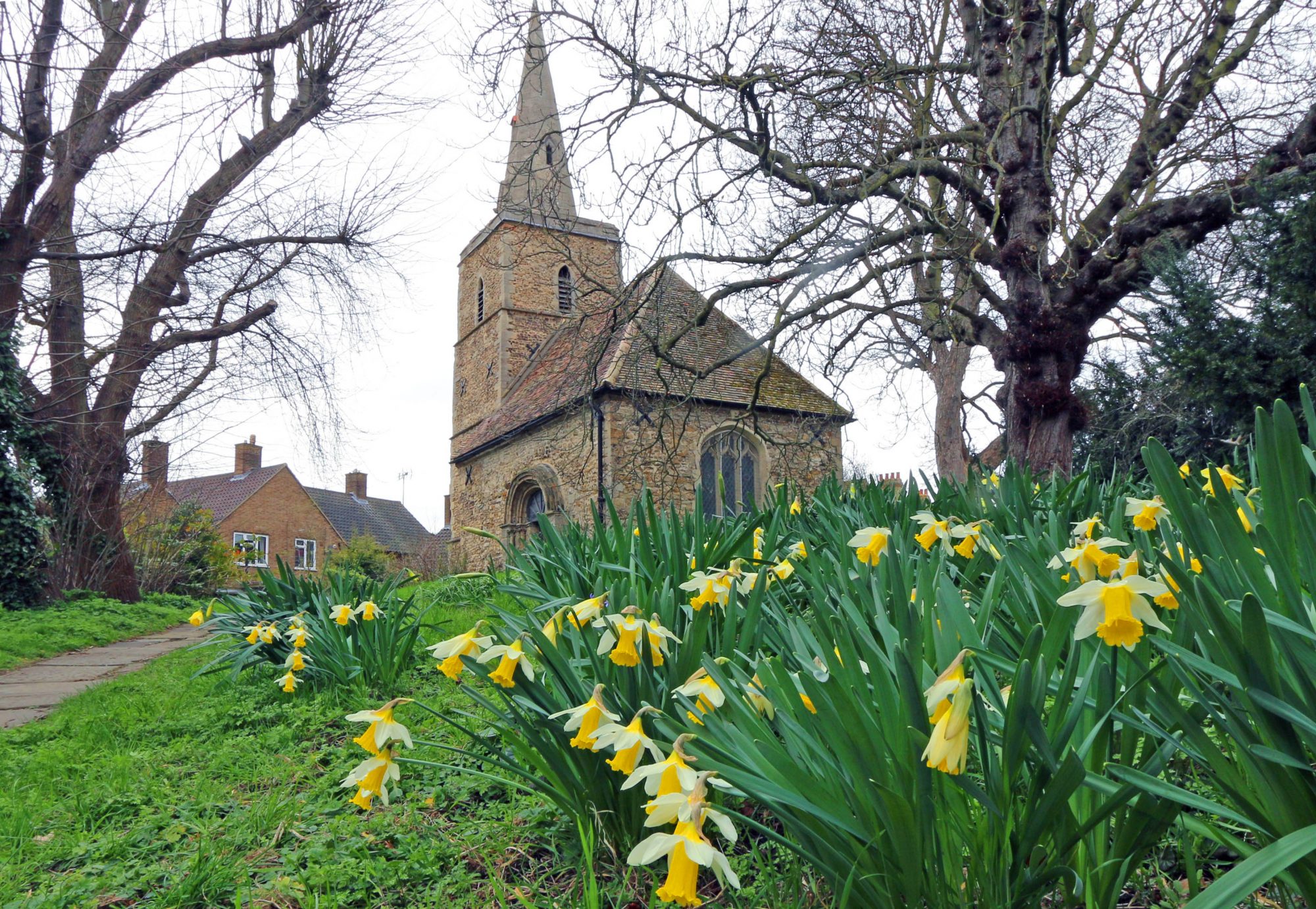Mark 10.35-45
I occasionally publish a piece relating the Sunday readings to items in the news, and this week a lecture by John Major appeared to relate closely to the gospel.
James and John started by asking Jesus the wrong question ‘Can we have the best seats in heaven?’, It was wrong because it led to a rivalrous argument between the disciples. Jesus has to calm the row and speaks about his own style of leadership. Being the leader is not about getting the best deal for yourself, it is about serving others in the best way possible, whatever it costs, and the cost he will bear is enormous.
His words here have been taken as the title for popes since St. Gregory the Great, who referred to himself as ‘servant of the servants of God’ in contrast to a grand title taken by the Patriarch of Constantinople.
John Major’s Quinlan lecture can be found at https://www.mirror.co.uk/news/politics/john-major-speech-full-ex-13427251
In it he argues that Brexit would be a complete disaster for Britain. The substance of John Major’s lecture is that people have asked unwittingly, in Brexit, for the wrong thing: a policy which is now seen to be enormously harmful to the nation, to every individual, to Europe, and to our relationships with every ally in the world. Many of the claims about Brexit, and we think particularly about the bus with the slogan proclaiming vast funds for the NHS, he says have proved to be false.
If he is right, what should our politicians, who are our elected servants, (and here we look to Jesus who describes his leadership being that of a servant) do? Should they pursue a disastrous course because they feel they have been elected to do that, or should they work to avoid catastrophe? Note that in Britain we have not had a parliament which has necessarily to follow a majority opinion by the people. The classic case is that parliament voted for an end to capital punishment when there wasn’t a majority in the country for this. And one might argue the same about gay marriage. Parliament is free to make up its own mind. Our elected servants do what they think best.
Jesus responds to the ‘wrong question’ of James and John by steering his disciples away from their disastrous rivalry which could destroy the entire post-resurrection Christian Mission. It is so important for Jesus to do this that St. John makes it a central feature of his account of the Last Supper, when Jesus teaches by washing his disciples’ feet. (John 13.1-20). One disciple, disastrously, does not accept Jesus’ teaching, and those remaining are told to replace their rivalry with love (John 13.34).
Now, what is true service for our politicians; to serve their own ambitions, which appears to be producing a disastrous rivalry, or to do the right thing and possibly commit what seems to be political suicide (give their own political life as a ransom for the nation)? The situation is difficult because there is, and will not be for many years, a definitive answer about how disastrous Brexit might be. But there is no question that it would, in John Major’s analysis, be a mistake. He says ‘For centuries, our state schemed and plotted to prevent all Europe uniting against us. Now, we have chosen to turn our back on all Europe. A long line of former statesmen will be turning in their graves.’
It may be, as we hear requests for the Brexit period to be longer, that the one thing which might avert disaster is the importance of maintaining free traffic for Northern Ireland in two directions; with the EU where there is a land border and with the rest of Britain across the sea. Whatever our differences, we are better together, and follow Jesus’ call to love one another whatever the cost instead of falling out.

From the Parish of the Ascension, Cambridge